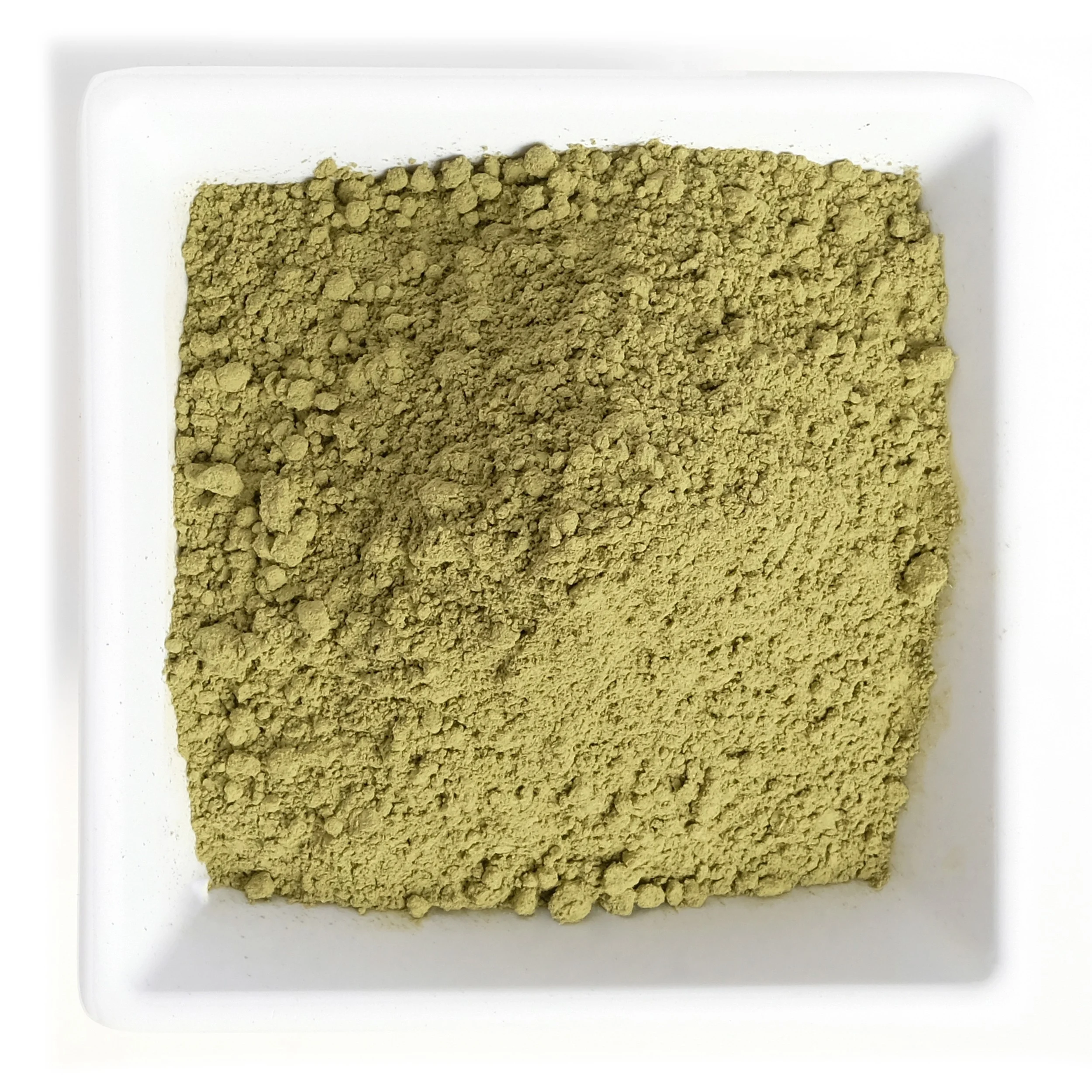The need for supplements for ADHD remedies has risen substantially in recent years. These formulas are designed to help the brain function better and to help in cognitive development.
Why Multivitamin Formulas?
People with ADHD often have deficiencies, which means their multivitamin formula can provide them with many benefits. The potential benefits are concentrated in three areas: brain health and development, concentration, and mental clarity.
Selenium Deficiencies
People with ADHD are commonly deficient in selenium. This is because selenium is found in food. Those with ADHD may not be able to tolerate certain foods, which means they cannot get the vitamins and minerals that they need to function normally. In fact, studies have shown that those with ADHD have lower levels of selenium than those without it. Selenium deficiency can lead to thyroid problems, severe fatigue, and memory loss. Additionally, it may disturb the function of the hippocampus when you don’t use supplements for adhd, which is responsible for memory and learning.
Biotin Deficiencies
Adult ADHD is a chronic disease that affects many parts of the body. Biotin is an essential nutrient that helps in normal brain development and in energy production. It can also act as a cofactor for enzymes to help with their activity. When there are deficiencies, neurological problems can occur due to poor brain function or poor concentration capabilities. Severe deficiencies can cause mental retardation or even death.

Vitamin C Deficiencies
There are many different potential symptoms of vitamin C deficiency, which include: muscle weakness, fatigue, viral infections, vertigo, heart palpitations, and muscle cramps. Vitamin C deficiency is also associated with increased oxidative stress and increased inflammation. There are two ways that ADHD people may be deficient in Vitamin C: through poor absorption and through the inability to synthesize it. Many with ADHD cannot metabolize Vitamin C well, which means their body cannot use it properly.
Vitamin D Deficiencies
Vitamin D deficiencies are also common in people with ADHD. Vitamin D is essential for the proper functioning of all the cells in the body. It regulates cellular activities and influences immune function. Studies have shown that those who have been diagnosed with ADHD have lower levels of vitamin D than those without it.
